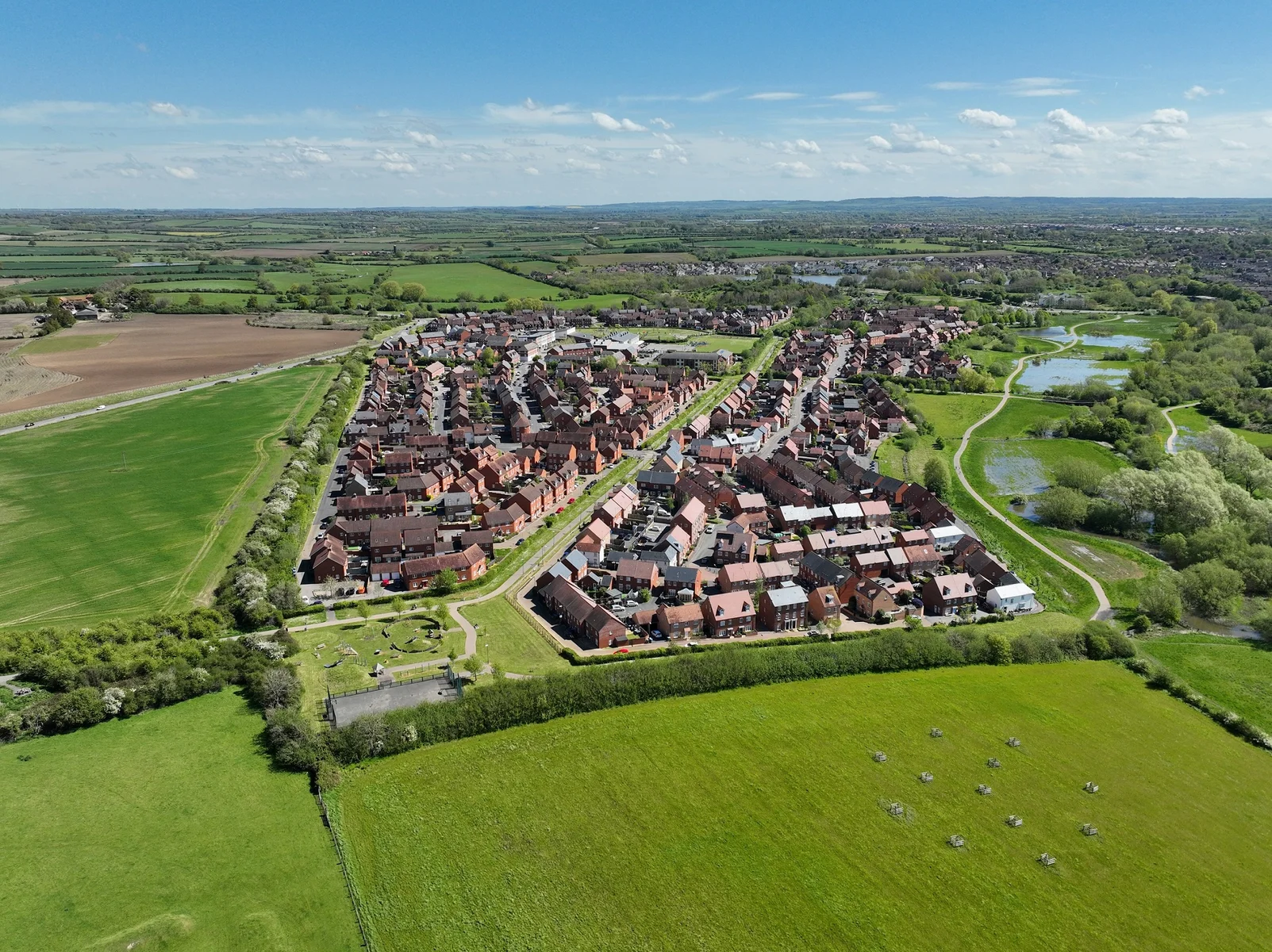
How to Find Out Who Owns the Property: 6 Tips
The desire to find out who owns a particular piece of real estate may be due to several reasons: from the desire to buy a favorite house or an abandoned plot of land to simple curiosity. In most cases, this information is in the public domain, but it is not always easy and quick to obtain — it all depends on the location of the object and its type. Let's consider the main methods of searching for property owners in different countries.
Identify the Precise Address
Before looking for an owner, you need to determine the exact address of the property you want. There are several ways to do this:
- Visit the property in person. By getting close to the house, you can usually see its license plate number or other identifiers.
- Take advantage of online maps. Use Google Maps, Yandex Maps, or local mapping services. Find the desired object on the map and zoom in — the address should appear. Satellite images will help you better assess the size and features of the site.
- Resort to cadastral maps. If the previous methods didn't work, turn to a cadastral map. It shows the boundaries of land plots and their cadastral numbers. Such maps are typically available online on specialized websites: for example, in France it's Cadastre, in Russia it's Rosreestr, and in the U.S., many countries have GIS (Geographic Information System) portals.
Utilize the Power of the Internet
When you have an address or cadastral number, you can start searching for information about the owner:
- The website of the cadastral service. As a rule, here you can order an extract from the state real estate register, which contains information about the owner. The service is paid for, but it is the most reliable way to get up-to-date information.
- Real estate websites: Zillow (USA), Rightmove (UK), ImmoScout24 (Germany), CIAN (Russia).
- Search engines. A simple search for an address on Google or Yandex can lead you to the information you need, especially when it comes to commercial real estate.
- Social networks: LinkedIn for commercial properties, Facebook or local social networks for residential.

Contact Official Authorities
Most countries have official real estate registries that you can contact directly, such as:
- USA: County Assessor's Office and County Recorder's Office in each county.
- UK: HM Land Registry for England and Wales, Registers of Scotland for Scotland.
- Germany: Grundbuch (Land Registry) and Katasteramt (Cadastral Office).
- Australia: Land Titles Offices in each state.
- Canada: Land Registry Offices at the provincial level.
- Japan: Legal Affairs Bureau and Real Estate Register.
- India: Sub-Registrar's Office and Land Records Departments in each state.
- UAE: Dubai Land Department in Dubai, Abu Dhabi Municipality in Abu Dhabi.
- Brazil: Cartório de Registro de Imóveis and Cadastro Nacional de Imóveis Rurais.
Contact Professionals
If searching on your own has not yielded results, professionals can help you:
- Realtors. They often have access to databases with information about properties and their owners.
- Real estate lawyers. They can help you not only find the owner but also conduct more in-depth legal due diligence on the property.
- Private investigators. In complex cases, they can investigate and find the information you need.
Some bonus tips can help you when looking for more information about a particular property.
Research the History of the Property
Sometimes, to find the current owner, it is helpful to find out the history of the property through sources such as:
- Archives. City or regional archives may hold old property records. This is especially helpful for historic buildings.
- Libraries. Local libraries often have local history departments with information about the history of the neighborhood and individual buildings.
- Historical societies. If a property is of historical value, local historical societies may have information about its past and present owners.
Check Public Registers
In addition to the state registry, there are other public databases:
- Bankruptcy registries. For example, the Unified Federal Register of Information on Bankruptcy in Russia. Here, you can find out if the property owner is not in the process of bankruptcy.
- Register of pledges on movable property. For example, the Arbitration Case File in Russia and Public Access to Court Electronic Records (PACER) in the United States. Although it does not deal directly with real estate, it can sometimes contain useful information about the owners.
- Arbitration case files. If the owner is a legal entity, here, you can find information about legal disputes related to real estate.
It is important to remember that laws on access to information and personal data protection vary from country to country. Always act within the limits of local law and respect the right to privacy. In some cases, obtaining information may require proving a legitimate interest or obtaining court authorization.
In addition, the structure of real estate ownership can be complex, including joint ownership and ownership through legal entities or trusts. Therefore, advice from a local real estate professional or lawyer may be required in complex situations.
Author
I am responsible for editorial work. I write expert interviews and guides.





















